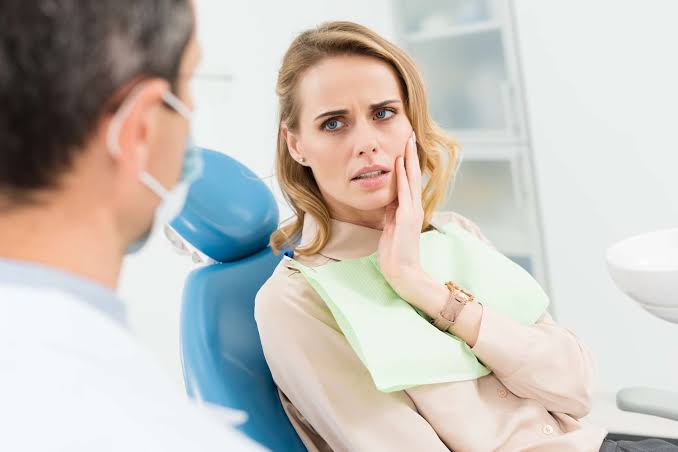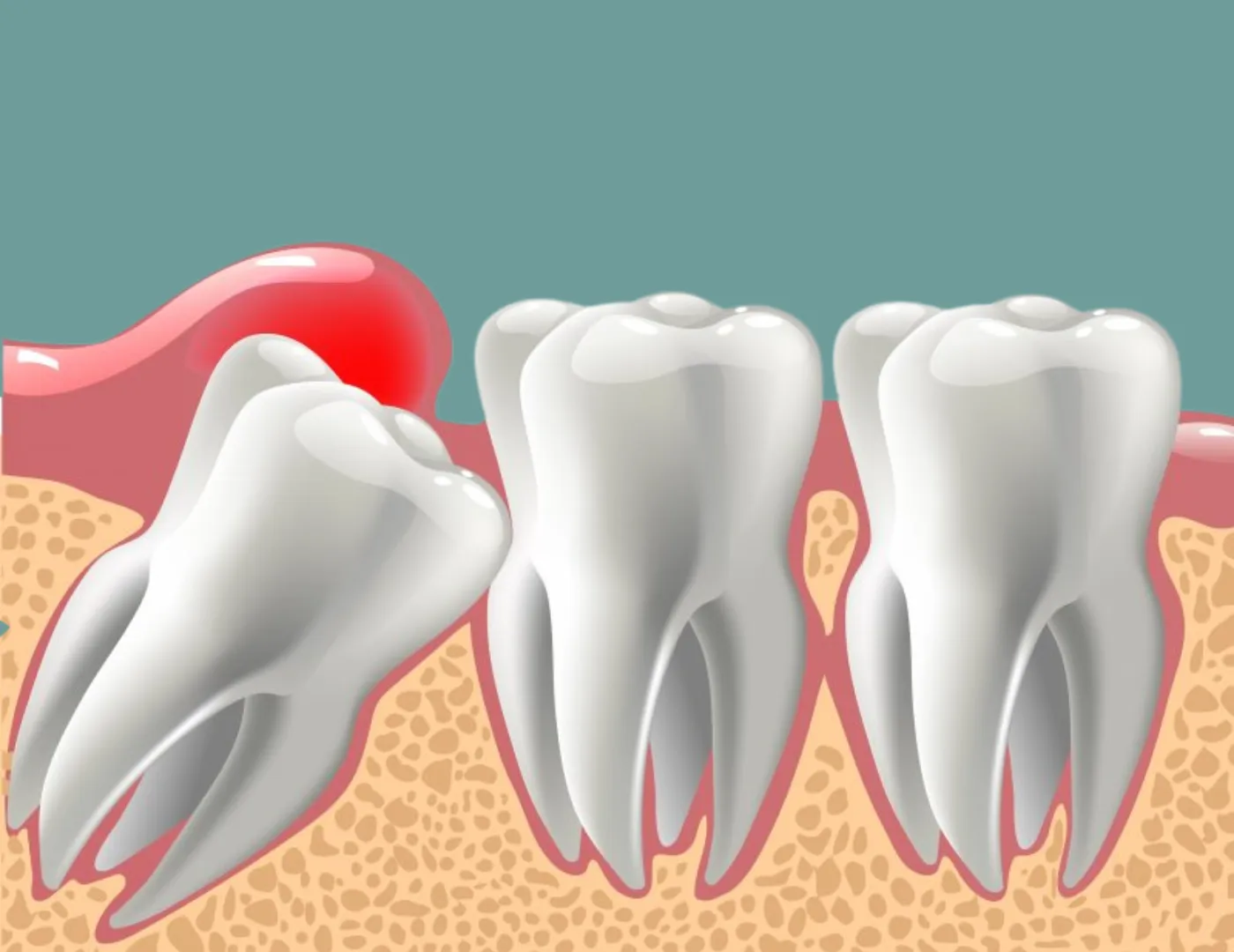Having tooth pain, specifically in the molars, is not only an uncomfortable situation, but also an annoying one. Molars are also known as the posterior teeth and these teeth play a major role in the process of mastication, and hence if these teeth are painful, it may hinder normal tasks. Knowing the possible factors that lead to molar pain and the possible remedies may help in controlling or at least lessening the pain.
Molar pain is a painful sensation in the mouth that is usually felt at the back of the mouth in the molars, and the following are some of the causes of molar pain.
1. Tooth Decay
The commonest reason for molar pain is tooth decay. Sulcular discharge occurs when bacteria that exist in the mouth produce acids that cause the tooth enamel to wear out. Cavities can worsen and affect the deeper layers of the tooth if not treated; this could lead to discomfort and pain.
It is also important to visit the dentist to get check-ups and cleaning to avoid tooth decays. As for carious lesions, the restorative measures that are used include fillings or crowning.
2. Tooth Infection (Abscess)
An abscessed tooth is a tooth that has been infected by bacteria in the pulp chamber of the tooth. This particular infection results in a lot of pain, inflammation and sometimes fever. In case of inadequate treatment, the infection spreads to the adjoining tissues.
An abscess always calls for the removal of the affected pulp and sealing of the tooth through the root canal. At times, the problem could be severe and the only solution would be extraction.
3. Gum Disease
Periodontitis that includes gingivitis impacts the gingiva surrounding the molars. It is characterized by inflammation and infection of the gums and it results in pains, swellings and bleedings.
Good oral hygiene measures should be observed, this include brushing and flossing the teeth. Periodontal disease is preventable and can be treated and controlled by professional dental cleaning and treatments.
4. Impacted Wisdom Teeth
These are the third molars or the wisdom teeth and they are said to be impacted if they do not exit the gum line or if they exit in a way that they are angled towards or in contact with other teeth. It can lead to soreness, tenderness and swelling of the gum tissue.
It is advisable to remove the impacted wisdom teeth in order to get rid of the pain and avoid further problems. A dentist or an oral surgeon can decide on whether it is necessary to have them removed or not.
5. Tooth Sensitivity
Some of the teeth at the back of the mouth are quite sensitive and may produce a lot of pain when in contact with hot, cold or sweet substances. Sensitivity is frequently attributed to the reduced enamel rods height, recession of the gums or worn out dental restorations.
Sensitivity can be controlled with desensitizing toothpaste and fluoride treatment. It is also necessary to keep off on the intake of acid fruits and ensure that one has good dental hygiene.
6. Tooth Fracture or Cracking
A damaged or broken molar may occasionally or absolutely hurt especially when chewing food. Cracks can be as a result of an accident or pressure that is placed on the tooth.
The care for a cracked tooth may involve dental bonding, crown, or if the damage is very severe, tooth extraction. The extent of the damage will help a dentist know the best course of action to take.
7. Dental Work Issues
Issues to do with dental procedures like fillings or crowns can cause discomfort in the event that they are chipped or ill-fitted. This discomfort is usually felt when the patient is chewing or when pressure is applied to the affected area.
In case of any concern on previous dental treatment, it is advised to visit the dentist for examination and possible treatment or correction.
8. Bruxism
Teeth grinding also known as bruxism can lead to pain in the molars because of the strengthened pressure put on the teeth. This is usually as a result of sleep and may result in worn down or broken teeth.
A Dentist in Lahore can advise that one gets a night guard to prevent the grinding of the teeth. This can also reduce stress and anxiety as stress and anxiety also cause the occurrence of acne.
9. Sinus Infection
A sinus infection might give the person pain in the upper molars as the sinus cavities are in close vicinity to the roots of these teeth.
Sinus pain can be cured by treating the sinus infection with medication or any other means and this will cure the referred tooth pain. Seek the services of a doctor to get the right treatment.
Conclusion
The cause of molar pain can be many including a cavity, or even an infected sinus. It becomes absolutely important to find the root cause to allow management and treatment. Prevention through proper oral hygiene, identifying possible causes and visiting a dentist are ways to manage molar pain. It is advisable to seek the services of a Best Dentist in Karachi if the pain is persistent or if it is intense.






